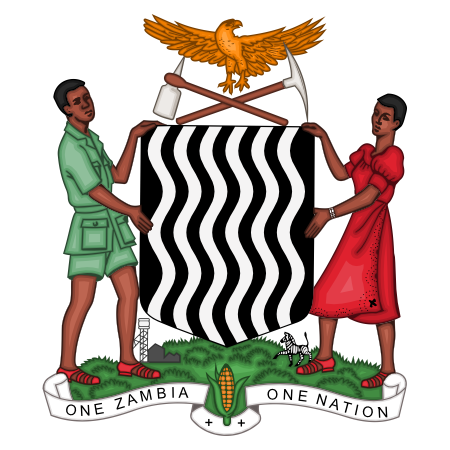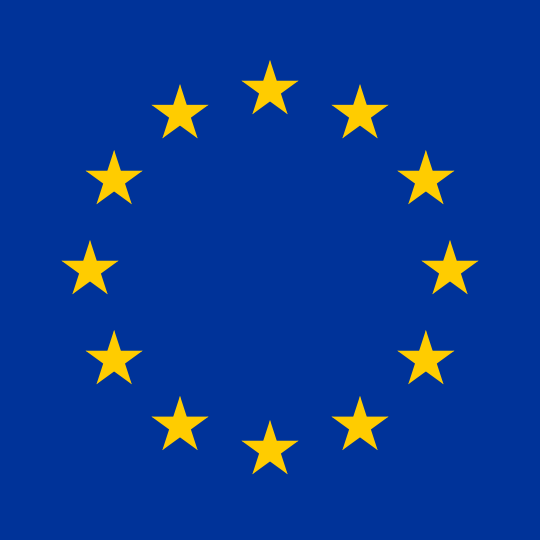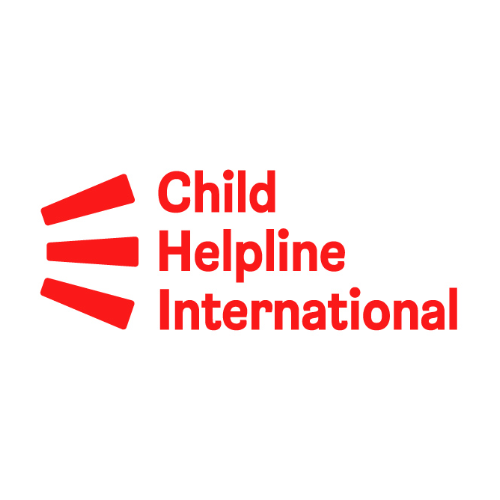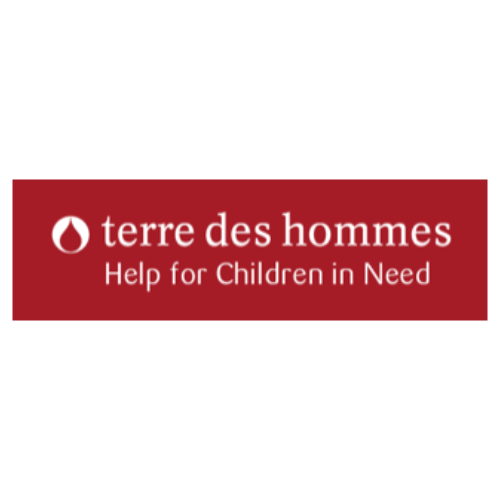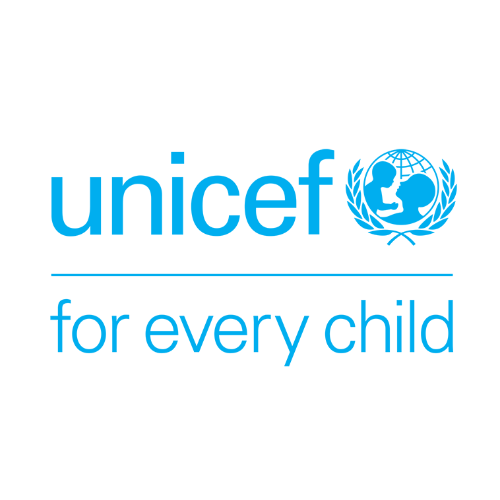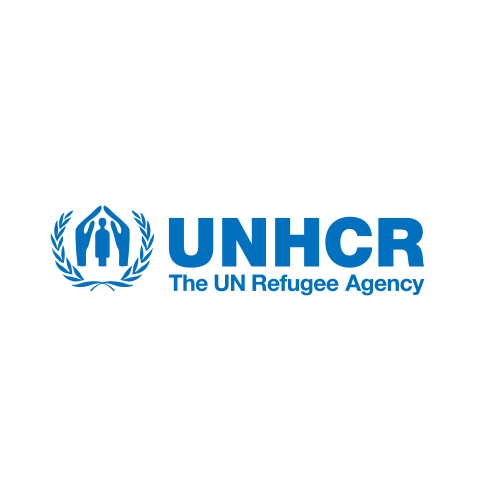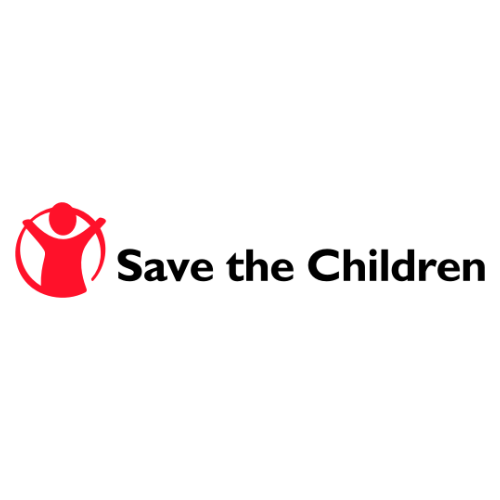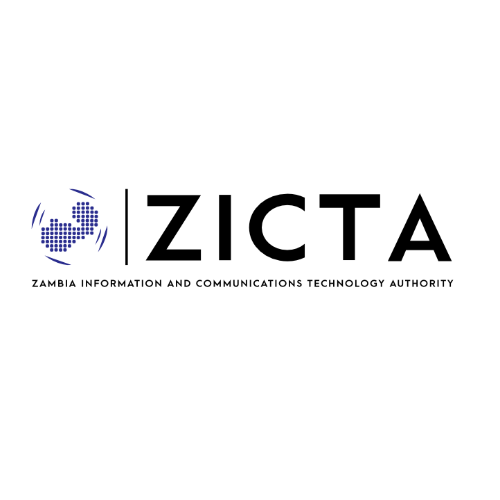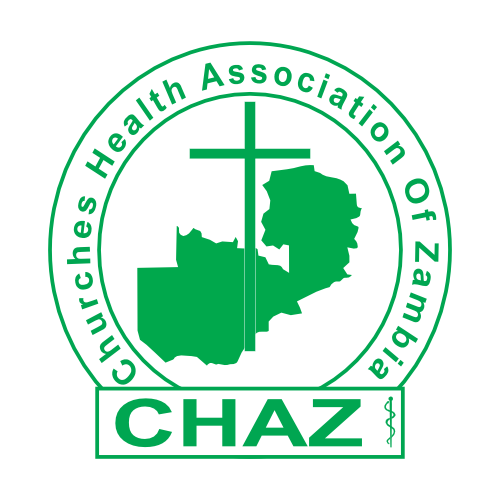HIV/AIDS (Human Immunodeficiency Virus) and sexually transmitted infections
When people start thinking about having sex or get involved in a sexual relationship it’s normal to have lots of questions about what is safe sex, HIV, Sexually Transmitted Infections known as STIs and pregnancy – what you hear can often be confusing and frightening and sometimes not everything is correct or true. For help with information about
What is HIV and how can I get it?
The most common ways that someone can get HIV is by having unprotected sex (anal,vaginal, or oral) with a person who is HIV postive or sharing drug needles or other drug equipment with someone who has HIV.
Women with HIV can pass it to their babies before or during birth, and through breastfeeding.
Although the virus can cause symptoms, they’re not a reliable way to tell if you’re infected. In fact, some people won’t have any symptoms at all. You need to get accurate information that is specific to you as quickly as possible. The best option is to go to your nearest local clinic and talk with an HIV counselor – you can walk in anytime, get free testing and receive the best treatment for your unique situation. Even if you’re uncertain about going to a clinic it’s important to take care of your health. HIV counsellors are specially trained to understand, do not pass judgement and are respectful and kind. All conversations about your health are always confidential
and private.
Signs and symptoms
Many of the early signs and symptoms of HIV feel like you have a bad cold or the flu.
They can include;
- Feeling tired all of the time.
- Swollen lymph nodes in your neck or groin.
- Fever that lasts
for more than 10 days. - Night sweats.
- Unexplained weight loss.
- Purplish spots on your skin that don’t go away.
The only way you can know for sure if you’re infected is to get tested. Although the virus can cause symptoms, they’re not a reliable way to tell if you’re infected. In fact, some people won’t have any symptoms at all. So even if you don’t have any of the typical signs of an infection, you should always get tested as soon as possible if you think
you are at risk. The best option is to go to your nearest local clinic and talk with an HIV counselor – you can walk in any- time, get free testing and receive the best treatment for your unique situation. Even if you’re uncertain about going to a clinic it’s important to take care of
your health. HIV counsellors are specially trained to understand, do not pass judgement and are respectful and kind. All conversations about your health are always confidential and private.
Condom use
The surest ways to avoid getting HIV are abstinence or to be in a monogamous/exclusive long-term relationship with a partner who has tested negative. Using a condom consistently and correctly every time you have sex is also very effective in preventing HIV infections, even though condom use can’t give you perfect (100%) protection. If either you or your partner is allergic to condoms, you can seek help from a medical professional, as there are other options. In a case where you happen to involve yourself in unprotected sex with a person who is HIV positive or if you’re not sure about their status, there are still some ways of reducing your chances of getting HIV. You need to act quickly by going to your local health clinic as soon as possible and talking with an HIV counselor – you can walk in anytime, get free testing and receive the best treatment for your unique situation. Even if you’re uncertain about going to a clinic it’s important to take care of your health. HIV counsellors are specially trained to understand, do not pass judgment and are respectful and kind. All conversations about your health are always confidential and private.
Treatment and medicines
As it stands, there is no confirmed cure for HIV/AIDS, although HIV is treated by taking a combination of medications that fight the virus at different stages. If you or your partner is suffering from HIV symptoms, it is vital that you see a health care provider at the nearest clinic for help about possible treatment options. Getting early HIV treatment will help keep you healthy and prevent HIV from affecting how long you live or how well you feel. Treatment options include Pre-Exposure Prophylaxis (PrEP) for people “at risk” of exposure, PEP is also prescribed if someone has been raped or possibly infected through other means – it’s taken within 72 hours of possible exposure to HIV for 28 days to prevent HIV.
There are also daily medicines for people who are HIV positive to help stay well and limit their symptoms ART is a 3-medicine treatment that reduces the levels of HIV in a person’s body. ART helps the body stay strong and fight off infections and other illnesses. Most importantly you need to get accurate information that is personal to you as quickly as possible. The best option is to go to your nearest local clinic and talk with an HIV counselor – you can walk in anytime, get free testing and receive the best treatment for your unique situation. Even if you’re uncertain about going to a clinic it’s important to take care of your health. HIV counsellors are specially trained to understand, do not pass judgment and are respectful and kind. All conversations about your health are always confidential and private.
Common myths and untruths about HIV
Below are common misconceptions about HIV and AIDS.
- Some people think that you can’t get HIV from having unprotected sex if the other person is on HIV treatment like ART – That’s FALSE – you can get HIV even if your partner is on medication
- People with blood group O can’t get HIV – That’s FALSE- it doesn’t make any difference what your blood groups is, you can still contract HIV
- There’s a cure for HIV and AIDS – that’s not true
- Everyone who has TB is HIV positive – that’s not true
- If you double up (use two condoms) you’re more protected- that’s not true and in fact, men using two condoms or both the man and the woman each using their own condom actually makes the condoms a lot less effective and can put you at higher risk of HIV or pregnancy
- Having sex with a virgin will reverse or prevent you from getting HIV – this is absolutely not true and is very dangerous for everyone
- You can get HIV from kissing or holding hands with someone who is HIV positive; this is not true, it’s safe to be affectionate with anyone regardless of whether they are HIV positive or negative.
So as you read there’s still a lot of confusion and misinformation about HIV; you need to make sure to you make decisions based on reliable information from a healthcare professional, not what family or friends might think they know.
Sexually transmitted infections (STIs)
Some frequently occurring Sexually Transmitted Infections (STIs) are Chlamydia, Genital Warts and HPV, Syphilis, Bolabola, and Gonorrhea. People can get STIs through different sexually related situations and they can be frightening and embarrassing, as well as painful. We may be upset about how we got the infection, what to do and many of us worry about how they might affect our lives in the future.
If you or your partner are experiencing something different with your private parts like itching, swelling, pain when urinating/during sex, blisters or sores, unusual discharge or anything else that just feels like something is “not quite right” – the best thing is to go to your nearest local clinic – you can walk in anytime and get free testing and treatment. Even if you’re uncertain about going to a clinic, it’s important to take care of your health. The people that work in the clinic receive special training, are understanding, do not pass judgment and are respectful and kind. All conversations about your health are always confidential and private.

